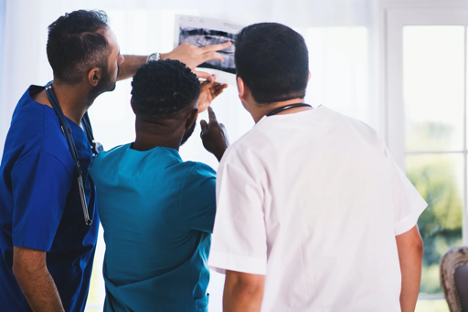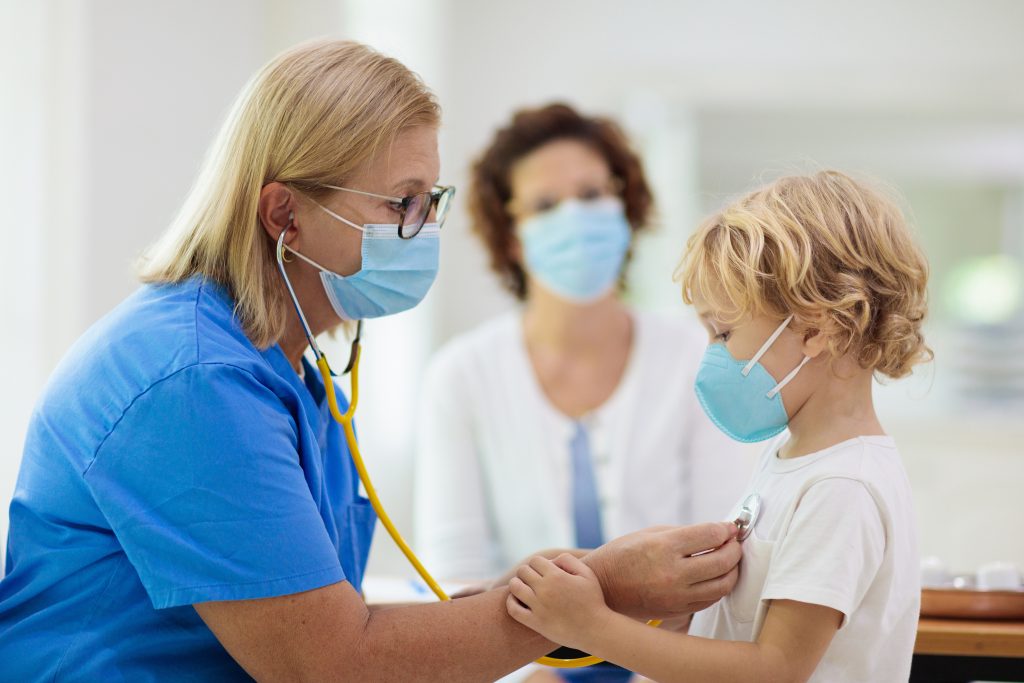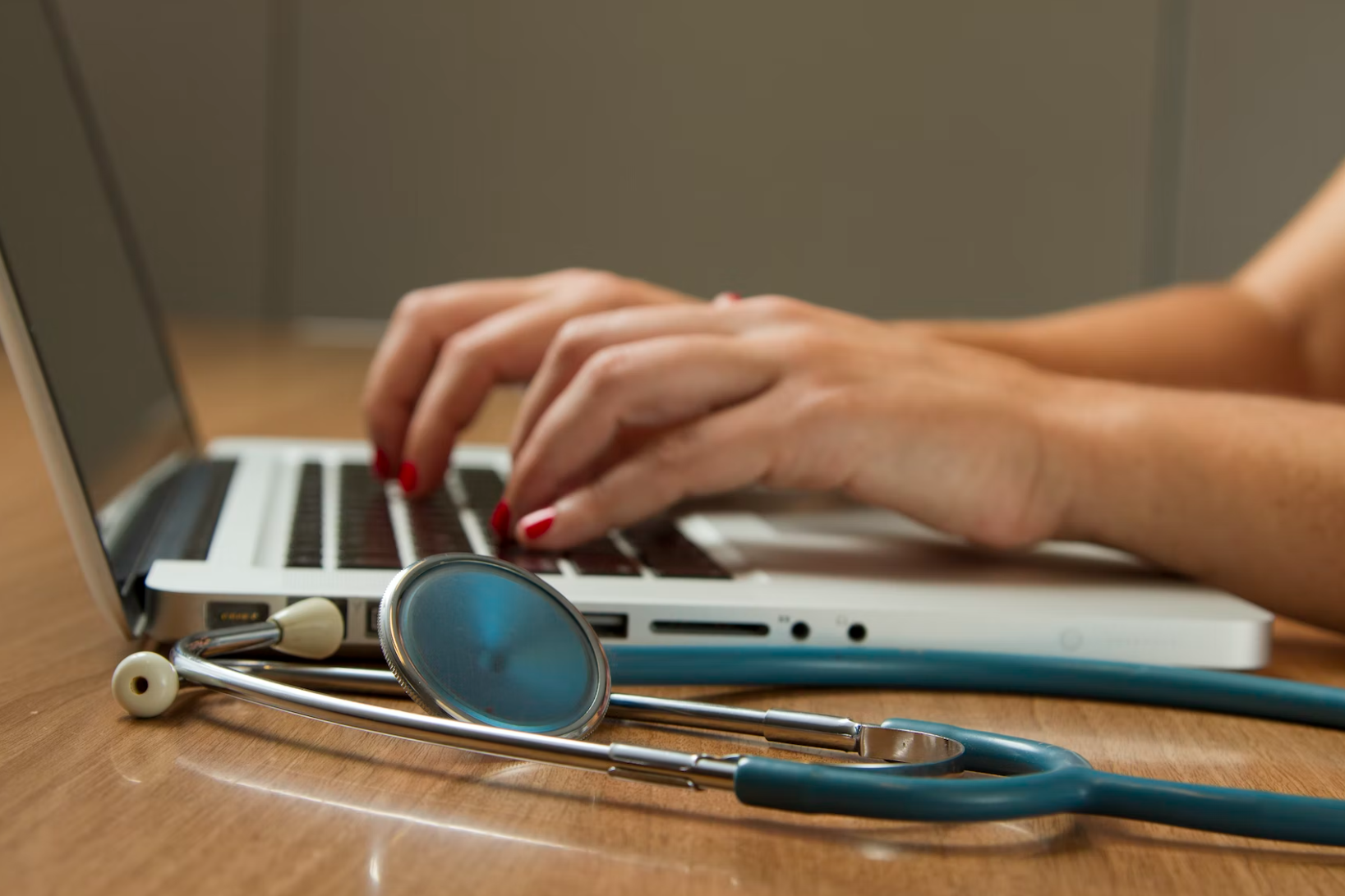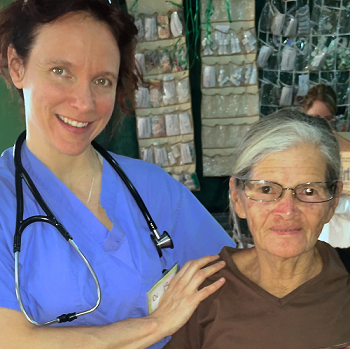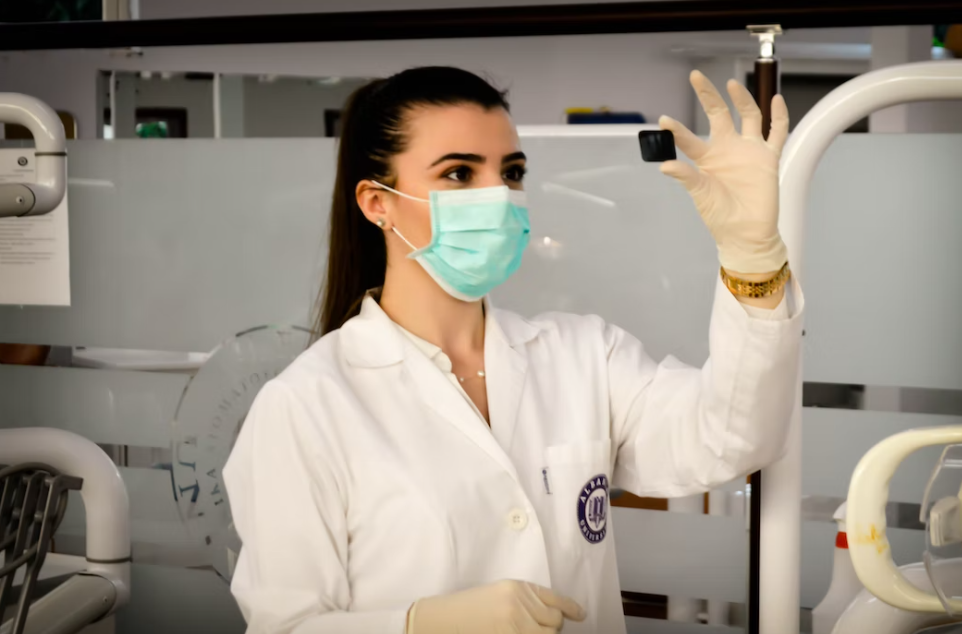Healthcare
CategoryIs Switching Specialties as a Nurse Right for You?
With a plethora of nursing specialties to choose from, it can be hard to narrow down which is the right one for you. Nursing school may expose you to a handful of different specialties, but often, it offers just a sampling that barely scratches th…
No, Nursing Isn’t Just for Women
According to the US Bureau of Labor Statistics, around 87% of nurses are women (as of 2021). However, nursing is an in-demand profession that should appeal to all. If you are a man thinking about donning the scrubs, today’s post from HealthJobsnat…
The Complicated Role of Pediatric Nurse Practitioners
Formal nursing has played an important role in healthcare for over 150 years. Doctors diagnose and treat patients, but nurses handle patient care, including administering medication and checking vital signs.
Gradually, the role of nurses has expa…
Overcoming Imposter Syndrome in the Healthcare Industry
There are 20 million people employed in the healthcare industry. It’s one of the most fast-paced, competitive, highly-skilled industries out there. So, good for you if you’re a part of it. Many healthcare employees would agree that getting to wher…
10 Most In-Demand Nurse Practitioner Specialties
Nurse practitioners are a driving force in healthcare that provide meaningful care to scores of individuals. These professionals practice nursing at a high level and their duties often overlap with that of physicians. If you’re curious about pursu…
Harnessing the Potential of Medicare Advantage Software
It’s no secret that the healthcare industry is in a period of transition. With the influx of new technology and changing regulations, providers are scrambling to keep up. Medicare Advantage software is one area that has the potential to make a big…
What Nursing Practices Result in Ideal Patient Care?
In nursing school, you learn how to deal with various ailments and situations. But there is a human element to the job that is difficult to learn in a classroom. How do you treat not just the condition, but also the person suffering from it?
Reco…
What to Know Before Switching to a Telehealth Career
Telehealth has seen consistent growth in popularity over the last few years. But, the biggest “boom” came during the COVID-19 pandemic. At first, it was out of necessity as medical professionals worked to keep patients safe and protected. However,…
How Can We Improve Healthcare in Underserved Communities?
Today’s healthcare landscape is vast and complex. Within it exists nearly infinite sub-environments and social contexts, all of which present unique strengths, weaknesses, and difficulties. However, one sweeping reality that affects countless peop…
Top Medical Certifications to Have As a Nurse
You have worked hard in college to obtain your degree. You’ve spent the last few years gaining invaluable on-the-job experience. Now, you have reached a point in your nursing career where you want to set the stage to move up the ladder. However, …


